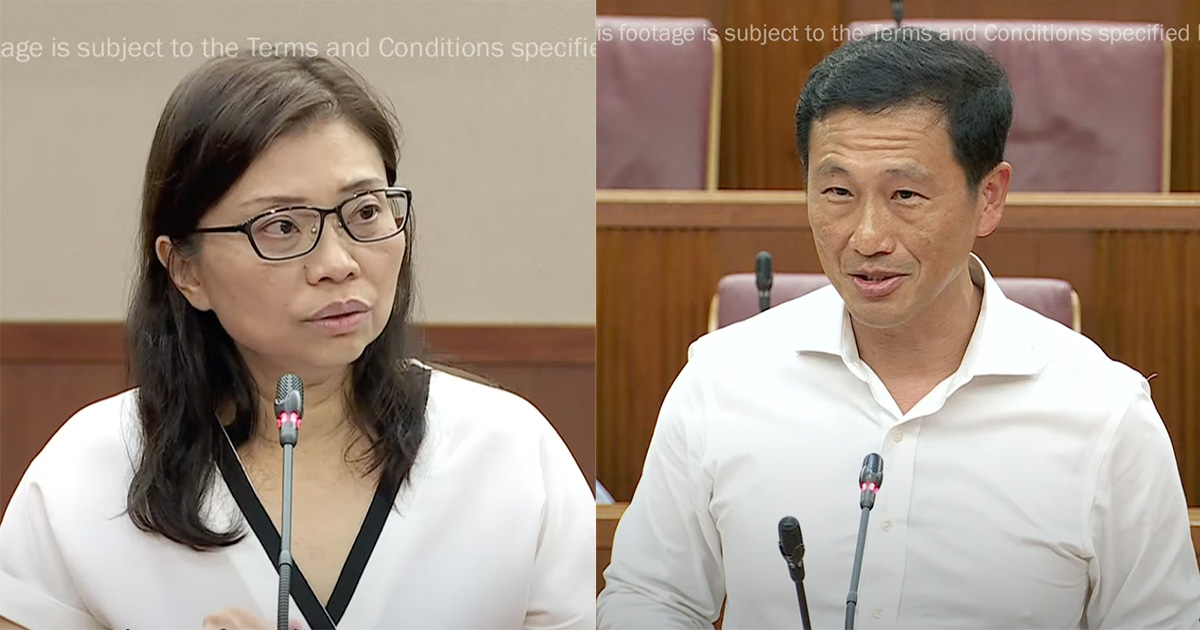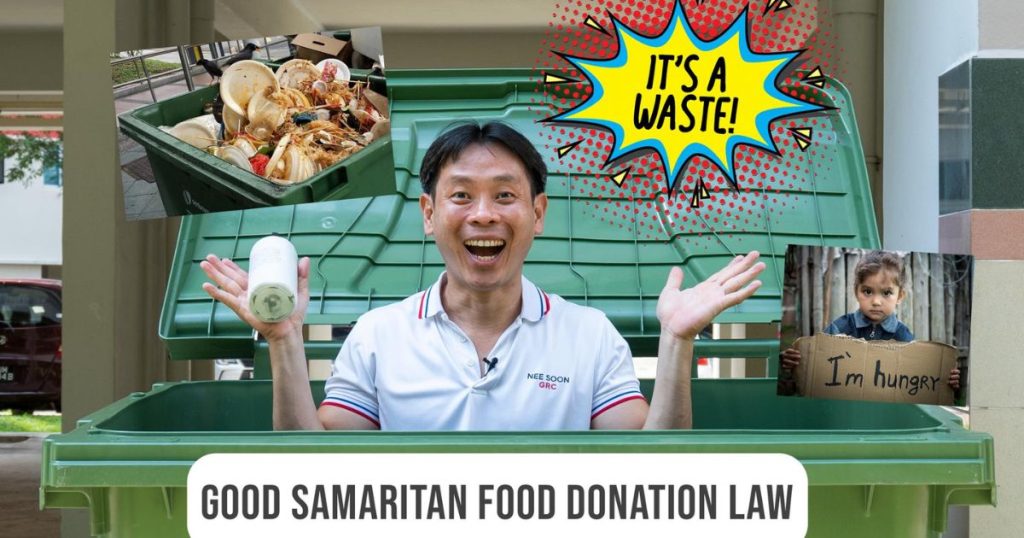Progress Singapore Party’s Non-constituency Member of Parliament (NCMP) Hazel Poa suggested today (Oct 5) to impose a sugar tax to curb demand for sugary beverages.
She was responding to clarifications by Member of Parliament Xie Yao Quan on her speech on the debate on White Paper on Healthier SG yesterday. Mr Xie had asked for the specifics on her suggestion of a tax on unhealthy food and whether imposing such a tax goes against the spirit of the White Paper.
Citing that sugar tax is “quite common” in “many countries and cities”, Ms Poa cited a report funded by the World Health Organisation that found that countries or regions such as UK and parts of the US with a sugar tax “decreased demand for sugared drinks by 15 per cent”.
“So it has been proven to be effective,” she concluded.
“In the same spirit, I would also like to ask the member whether he thinks that our current tax on tobacco and liquor adheres to the spirit of the White Paper and does he think that they ought to be removed?” she asked.
Enter Health Minister Ong Ye Kung
Before Mr Xie could respond, Health Minister Ong Ye Kung stepped in.
“We have been very reluctant to look into a tax like that. The principle is not wrong – that sin tax is a policy of this government. So when it’s cigarettes – something that’s harmful we do tax it, carbon we tax it. We do tax sins. The question is sugar causes diabetes, should we tax sugar?” he said.
“The member, Ms Hazel Poa, suggested a sugar tax. Assume you extend it further. You can also tax salt, for example, or oil.”
There are two reasons why the Government is reluctant to tax sugar: it’s commonly consumed by many people and a sugar tax would add on to the costs and the equity of such a tax.
“There’s equity involved, because sugar is found in fruit juices, sugar cane, the pearls in bubble tea. So you start to make such comparison, it’s not going to be so easy and therefore the implementation will be complicated,” he explained.
Instead, to encourage people to choose healthier drinks, the Ministry of Health uses the Nutri-Grade labelling of A to D.
Minister Ong said that by doing so, beverages companies whose canned beverages have high sugar content (a D grade) will immediately reformulate their drinks to achieve a better grade so as to remain attractive to consumers.
“As a result today, I don’t have the data with me, but we are achieving the reduction in sugar consumption as effective as the UK with labelling and without sugar tax. But thank you for that suggestion.”
Solutions that work for Singapore
The Healthier SG approach, one which nudges companies to produce healthier products, is designed with Singaporean sensibilities and has already proven to be successful, achieving outcomes comparable to countries that do impose taxes on sugar.
A Sugar Tax, as what Ms Hazel Poa has suggested, may deliver similar results in certain countries, but may add on to the cost of living pressures already faced by many Singaporeans.
In fact, the point of Healthier SG is to promote healthy outcomes through positive reinforcements of self discipline and community support. Introducing a tax runs counter to that.
There are times that we can learn from our foreign counterparts but this is not such a time – not especially when Singaporeans are already facing cost pressures.




